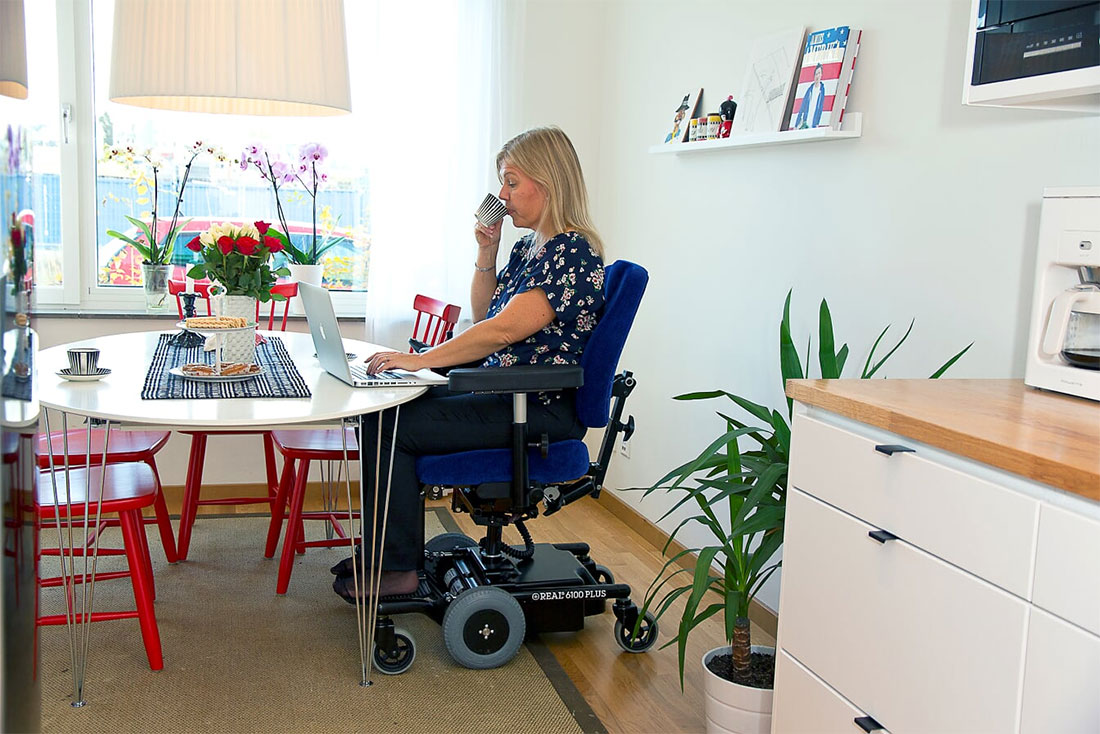As people age, concerns about health become more prominent, and chronic conditions like stage 3 kidney disease start to raise critical questions. Families and individuals often wonder, ‘how long can an elderly person live with stage 3 kidney disease?’ The answer depends on various factors such as overall health, lifestyle choices, and how well the condition is managed.

Understanding Stage 3 Kidney Disease
Stage 3 kidney disease is characterized by a moderate decrease in kidney function. It is typically diagnosed when the glomerular filtration rate (GFR) falls between 30 and 59 mL/min. At this stage, symptoms might start becoming apparent, though not everyone will experience them.
Symptoms in Stage 3 Kidney Disease
Common symptoms may include swelling in the extremities, fatigue, muscle cramps, and changes in urination patterns. Understanding these symptoms can guide families in seeking timely medical care. For further details on managing symptoms, see this comprehensive guide by WebMD.
Factors Influencing Longevity in the Elderly
The longevity of someone with stage 3 kidney disease is influenced by several factors:
Overall Health
An individual’s overall health status, including other pre-existing conditions like diabetes or heart disease, can significantly impact life expectancy. Managing these effectively is crucial.
Lifestyle Choices
Lifestyle factors such as diet, exercise, and smoking status also play a vital role. A kidney-friendly diet and regular physical activity can improve quality of life and potentially extend longevity.
Managing Stage 3 Kidney Disease
Management involves regular monitoring and specific strategies aimed at slowing disease progression.
Medication and Treatment
Medication tailored to the individual’s condition is key. Blood pressure control and diabetes management are particularly important. For practical advice on elder care, refer to this guide.
Regular Monitoring
Frequent check-ups and monitoring of kidney function are essential. This aids in adjusting treatments and dietary plans as necessary.
Psychosocial Aspects
Coping with a chronic illness can take an emotional toll. Psychological support and community engagement can enhance emotional well-being.
Providing Support to Elders
Support from family and caregivers is indispensable. It helps elders maintain their independence and improves mental health. For tips on supporting seniors, visit gaining weight in elderly.

FAQs
What is the life expectancy with stage 3 kidney disease for seniors?
Life expectancy varies widely and depends on multiple factors including health interventions and lifestyle modifications.
Can stage 3 kidney disease progress to stage 4?
Yes, without proper management and treatment, stage 3 can progress to stage 4. Early intervention is crucial to prevent this.
Is stage 3 kidney disease reversible?
While it cannot be reversed, progression can be slowed with appropriate care and lifestyle changes.
This article contains affiliate links. We may earn a commission at no extra cost to you.

